On the other hand, tung oil is expensive and susceptible to water rings, stains, and scratches. What’s the Difference Between Linseed Oil & Tung Oil? Both linseed oil and tung oil– in their purest forms– are non-toxic, eco-friendly, and food-safe. They’re both plant-based oil finishes that penetrate and saturate the wood grain.
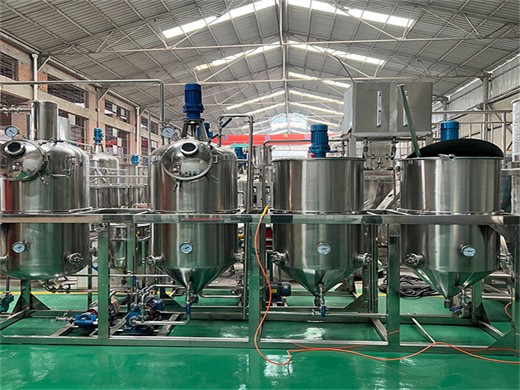
The two commonly available pure oil finishes that can be used on furniture and woodwork with decent results because they cure – that is, turn from a liquid to a soft solid – are linseed oil and tung oil. There are important differences between these two oils.
Get Price
I had a bad experience using pure uncut Tung Oil while refinishing A Danish Teak dresser. I started by sanding with 220 grit sandpaper and getting down to bare wood, i vacuumed the dust off-used a tack rag and went to finer grits and ended up with 440 grit sandpaper which I carefully dusted, and wiped with a tack rag my last step was wiping a rag dampened with mineral spirits.
Get Price
How to use Boiled Linseed Oil and Paste Wax for a Wood Finish BLO and Pastwax - Duration: 12:09. Wood By Wright 330,108 views
Get Price
Danish oil is a wood finishing oil, made of either tung oil or polymerized linseed oil. Danish oil is a hard drying oil, meaning it can polymerize into a solid form. It can provide a hard-wearing ...
Get Price
Clear finishes fall into six categories, each with its own mix of characteristics. Drying oils, including boiled linseed oil and pure tung oil, penetrate the wood surface and react with oxygen to cure. Boiled linseed oil contains drying agents that let it cure overnight, but tung oil
Get Price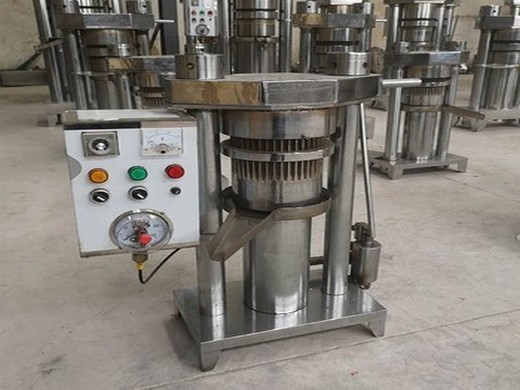
Natural oil finishes are a traditional way of treating floors, decks and wood furniture. Teak oil is found in the trunks of teak trees and is known for its rich colour. Linseed oil is pressed from dried flaxseed and then heated and treated with chemicals.
Get Price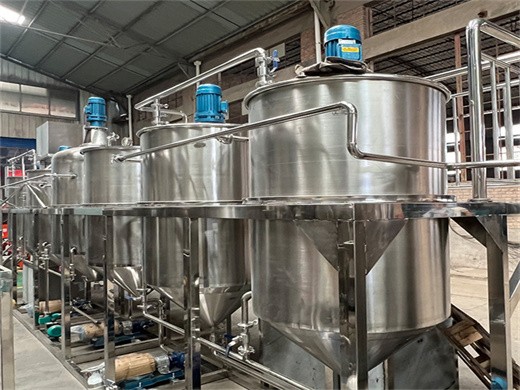
Once you have the varnish you can mix it with oil (linseed or tung) to make an oil/varnish blend. This blend acts like oil in that it never cures hard. The argument for mixing these, which you can do yourself if you want, is that the addition of varnish makes the finish a little harder and more water resistant than boiled linseed oil or tung ...
Get Price
The main difference between raw and boiled linseed oil is that raw oil takes much longer to dry than the boiled version. Raw linseed oil takes several days to dry, while boiled linseed oil usually dries within 24 hours. Boiled linseed oil is not boiled in the way most people think of as boiling. Metallic solvents are added to the raw oil that ...
Get Price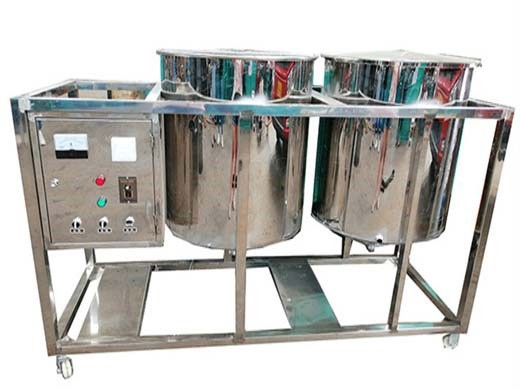
Linseed Oil. Linseed oil is another natural finish that is obtained from flax seeds. Like Tung oil, it is an effective finish because it is in liquid form when applied and then turns into solid as it dries. Also similar to Tung oil, linseed oil
Get Price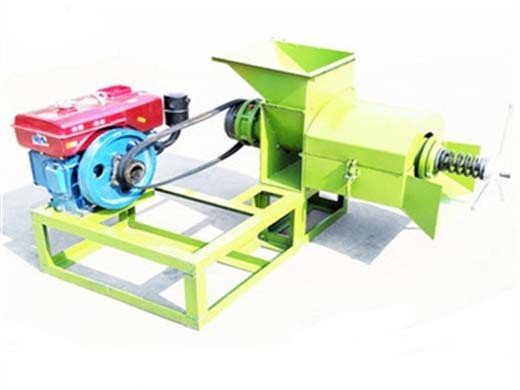
Watco Danish oil and tung oil are two common forms of wood finishing oil, each with their own unique drawbacks and benefits. Danish oil is made with linseed oil and either turpentine or mineral spirits,
Get Price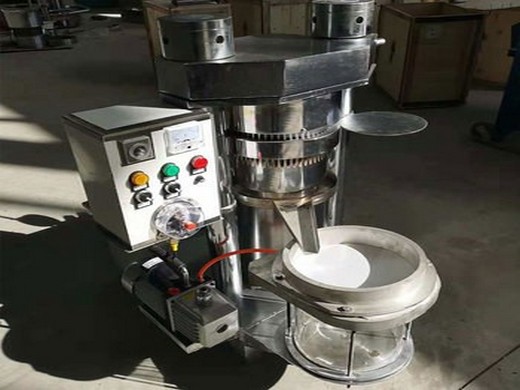
Danish oil and Tung oil What Are The Differences? People use types of glossing oil for wood surfaces where are threatened with fluids. Polyurethane, Danish oil, Tung oil or spray lacquer are the best tools for our projects.Let’s read now to see the difference between Danish oil and Tung oil.. At first, what is Danish oil and Tung oil?
Get Price
On the other hand, tung oil is expensive and susceptible to water rings, stains, and scratches. What’s the Difference Between Linseed Oil & Tung Oil? Both linseed oil and tung oil– in their purest forms– are non-toxic, eco-friendly, and food-safe. They’re both plant-based oil
Get Price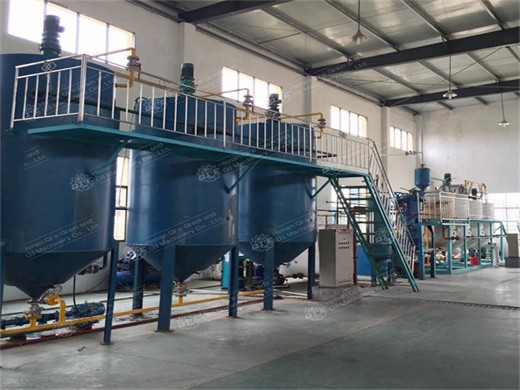
Danish oil and linseed oil are two popular oil finishes, but it can be difficult to tell which one is the best without trying them out.. Linseed Oil. Linseed oil is a popular wood finishing option. In fact, many of
Get Price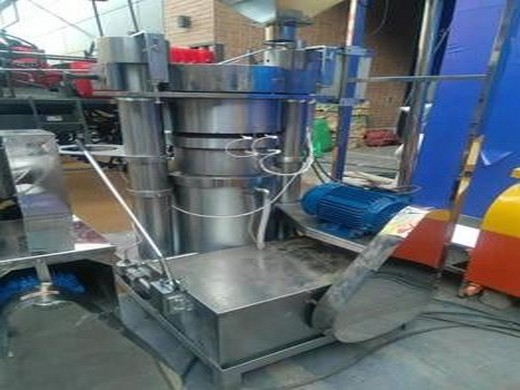
Teak Oil vs Tung Oil vs Danish Oil . Introduction . If you have a couple of pieces of wooden furniture that you wish to treat with oil, chances are you’ve heard of three popular oils to choose from. There is teak oil, Tung oil, and Danish oil.
Get Price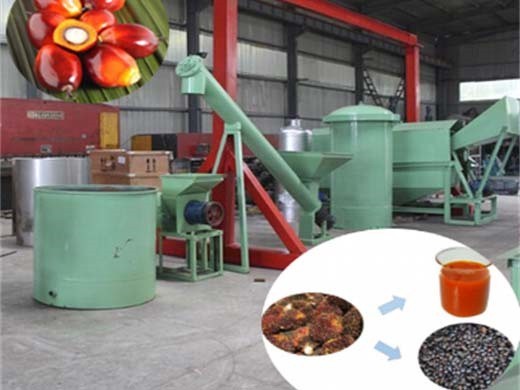
Danish Oil. Danish oil is basically a mixture of various components such as tung oil or linseed oil, as well as a mixture of varnish, mineral spirits, etc. There is no fixed formula of Danish oil, and so it
Get Price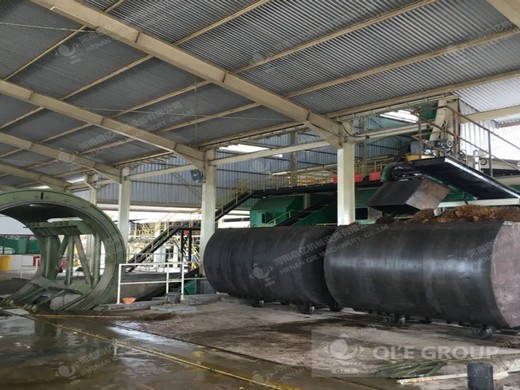
Boiled Linseed Oil vs Tung Oil. When specifically comparing Tung Oil vs Linseed Oil, each has their own pros and cons. Tung oil is more water resistant, but takes a long time to dry and requires many coats. Linseed oil, on the other hand, dries more quickly and applies very easily, but won’t give much protection from water. What is Danish Oil?
Get Price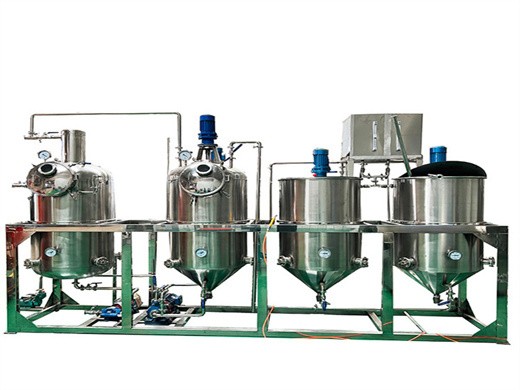
The two commonly available pure oil finishes that can be used on furniture and woodwork with decent results because they cure that is, turn from a liquid to a soft solid are linseed oil and tung oil. There are important differences between
Get Price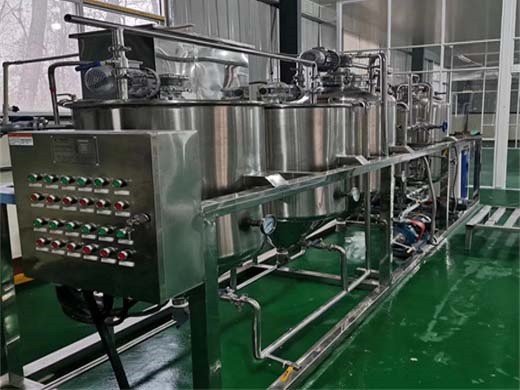
7-1-2012· "Danish oil" and "tung oil finish" are actually mixtures of a varnish and a diluent such as mineral spirits, turpentine, or the like, with some tung oil or boiled linseed oil thrown into the mix. These are actually wiping varnish finishes, which can, if applied correctly, give you a
Get Price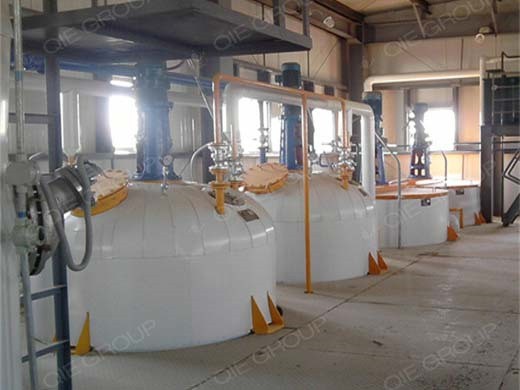
I use danish oil to make my wooden doors look nice but it has quite a strong odor, and wondering about linseed oil instead.
Get Price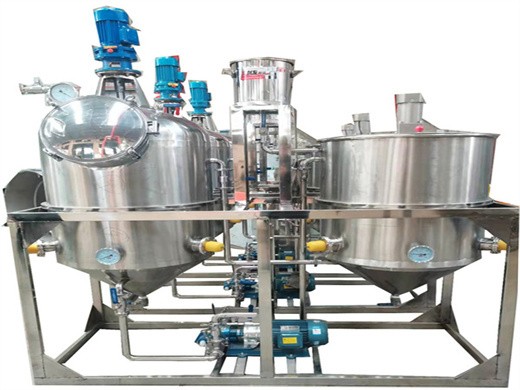
Danish oil is a popular wood finish, and it’s basically a mixture of an oil, a varnish, and a thinner. Together, these ingredients really do bring out the natural beauty of the wood, while providing more surface protection than plain oil finishes. Typically, boiled linseed oil or tung oil is used.
Get Price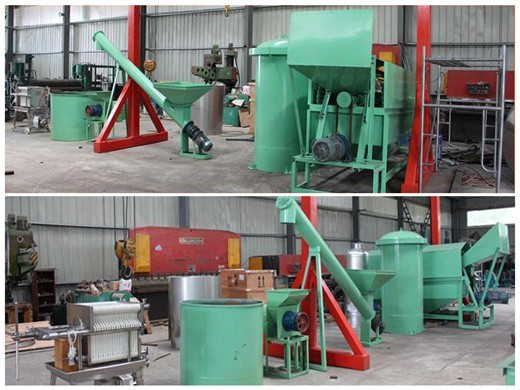
Ok, ‘teak oil’ in many cases is actually boiled linseed oil with some additives for UV protection etc. Linseed oil is much what it says it is. Oil derived from flax seeds. I would recommend reading the label for ingredients and choosing the produc...
Get Price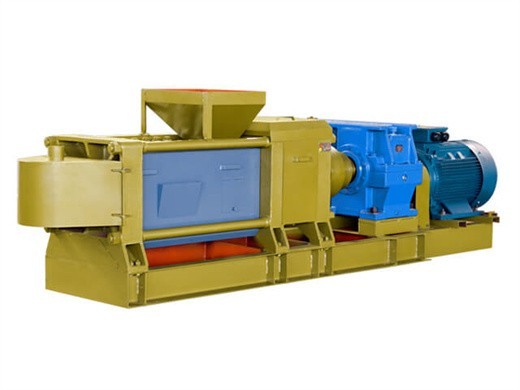
Difference Between Tung Oil, Linseed Oil, Danish Oil & Polyurethane Learn How To Refinish Furniture More information Find this Pin and more on I should make this by Called To Order .
Get Price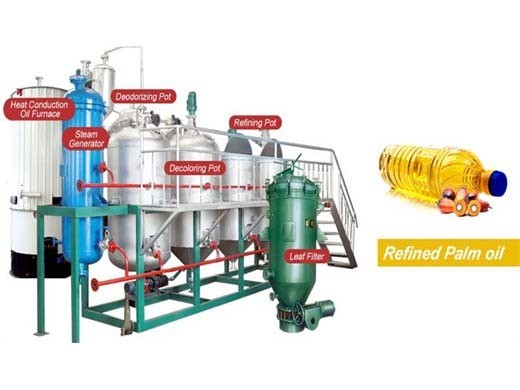
here are just a few examples of 100% Pure Tung Oil and Tung Oil “Finish”. it is up to you, the consumer, to know the difference in the two. as often stated: Read, Understand and Follow the instructions on the label of all products you use. Pay particular attention to the safety notes and heed the warnings accordingly.
Get Price
9-9-2008· I have searched the archives and found much discussion of the virtues and faults of linseed oil by itself or in combination with other stuff as a finish for brightwork and open boat interiors. I have also see passing reference to the use of tung oil for the same things. I have noted that a significant difference between the two is that unlike linseed oil, tung oil does not darken with age.
Get Price
There are two widely available drying oils on the market that can be used as wood finishes: boiled linseed oil and 100% tung oil. Both dry to a non-sticky, very thin film after several days when all the excess is wiped off. Here’s a comparison of the two oils. Boiled linseed oil
Get Price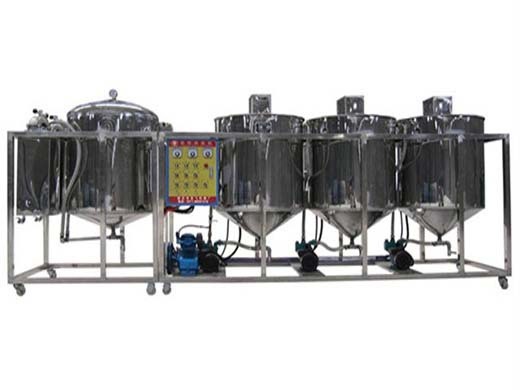
Home / Flexner on Finishing Blog / Oil & Varnish: A Refresher. By Bob Flexner. Here’s where the confusion starts because varnish is made with oil. How do you define the difference between a mixture of oil and varnish (Watco Danish Oil, Once you have the varnish you can mix it with oil (linseed or tung) to make an oil/varnish blend.
Get Price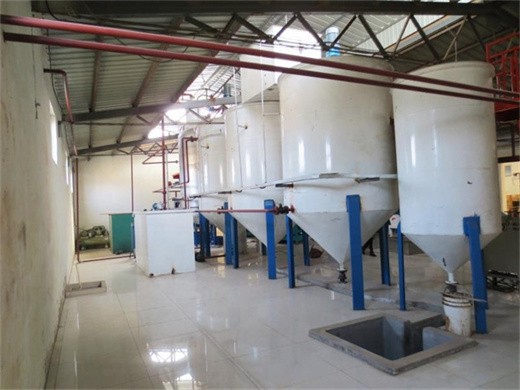
Clear finishes fall into six categories, each with its own mix of characteristics. Drying oils, including boiled linseed oil and pure tung oil, penetrate the wood surface and react with oxygen to cure. Boiled linseed oil contains drying agents that let it cure overnight, but tung oil
Get Price